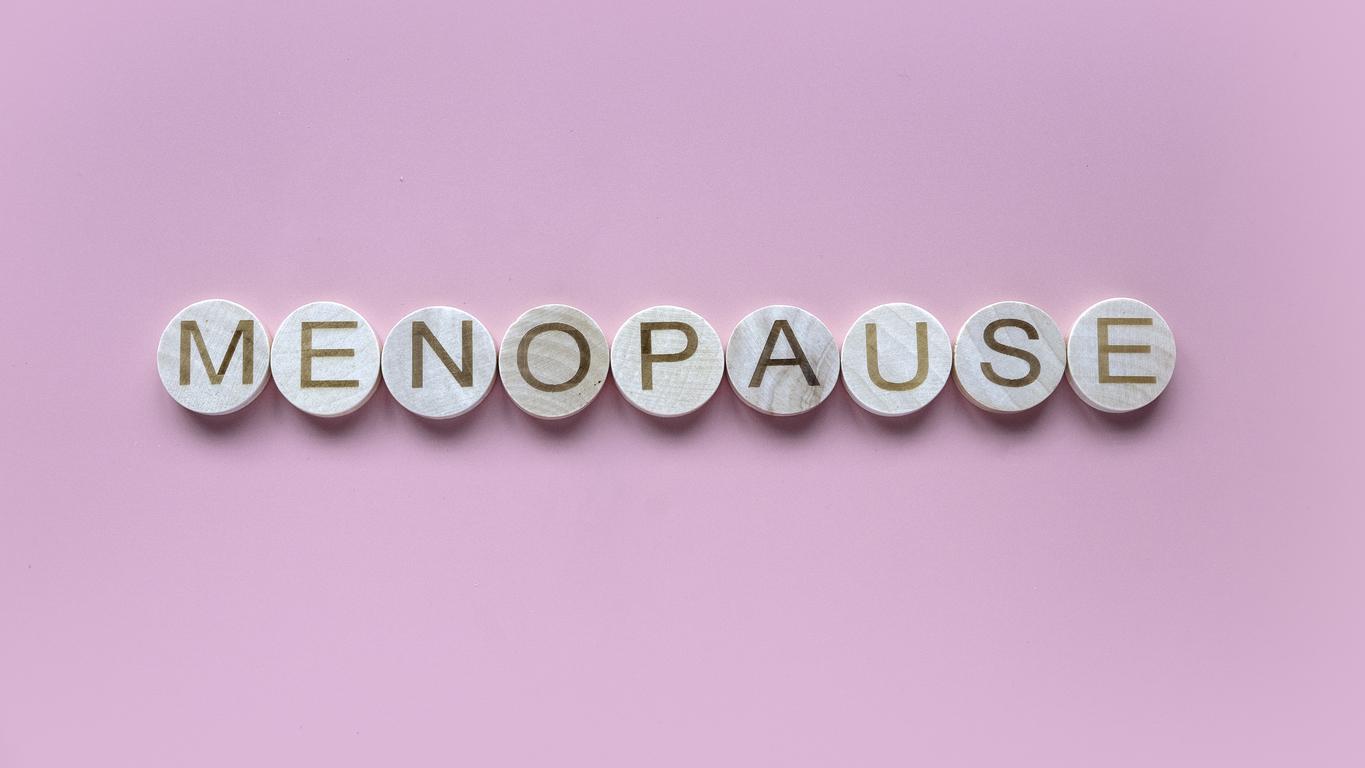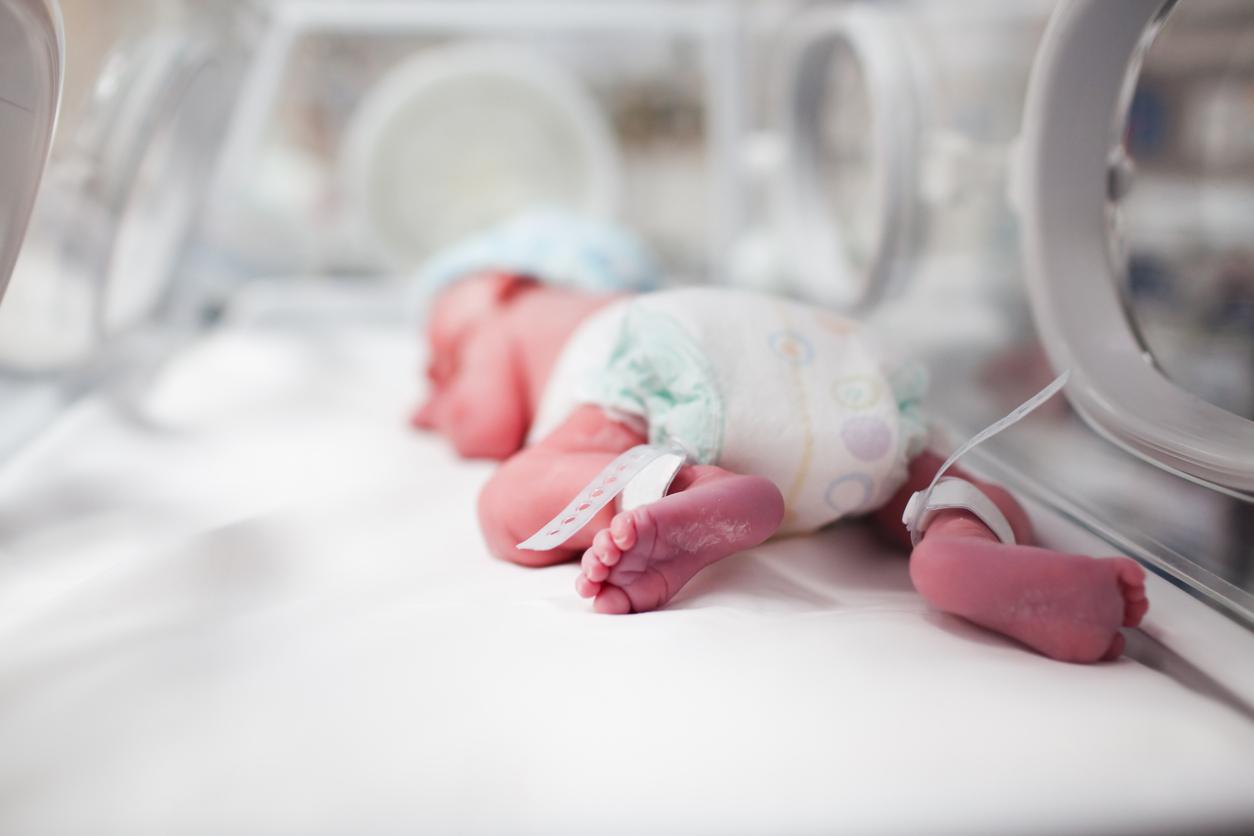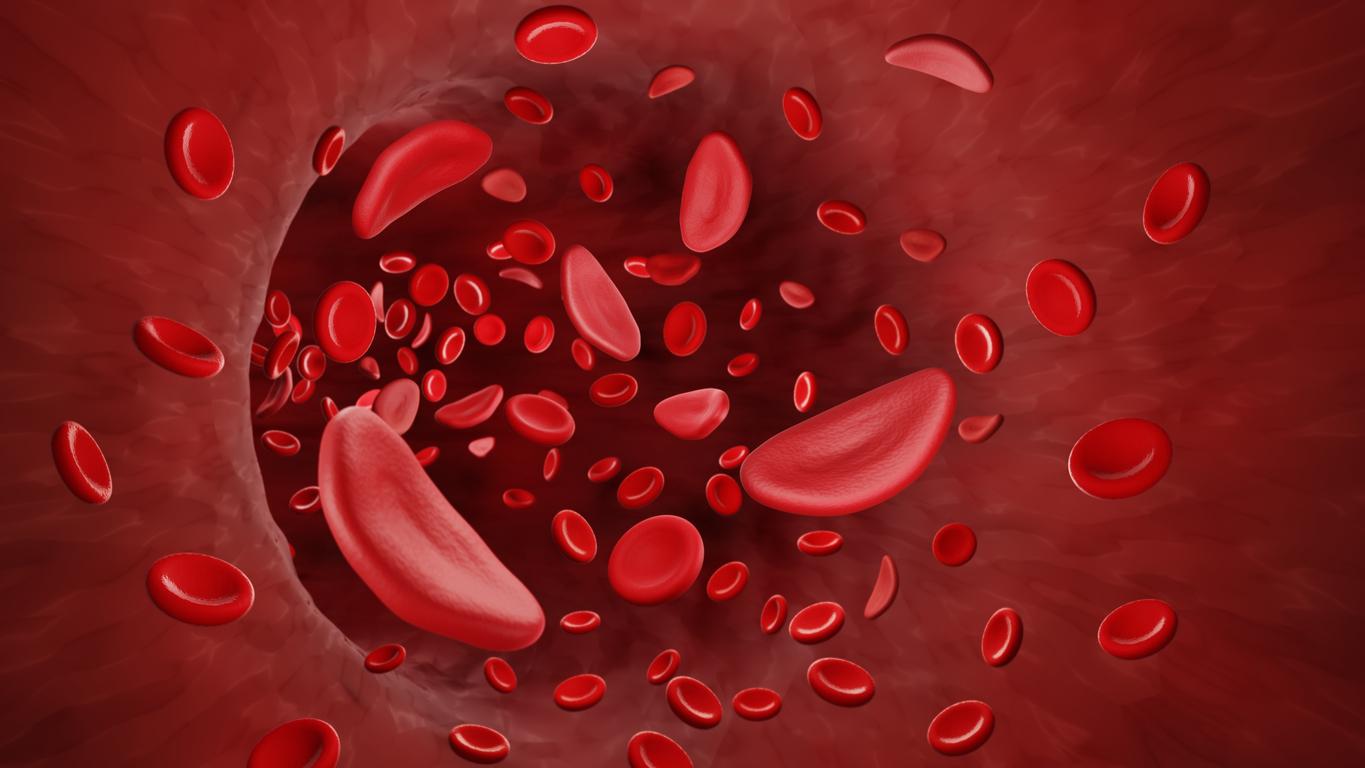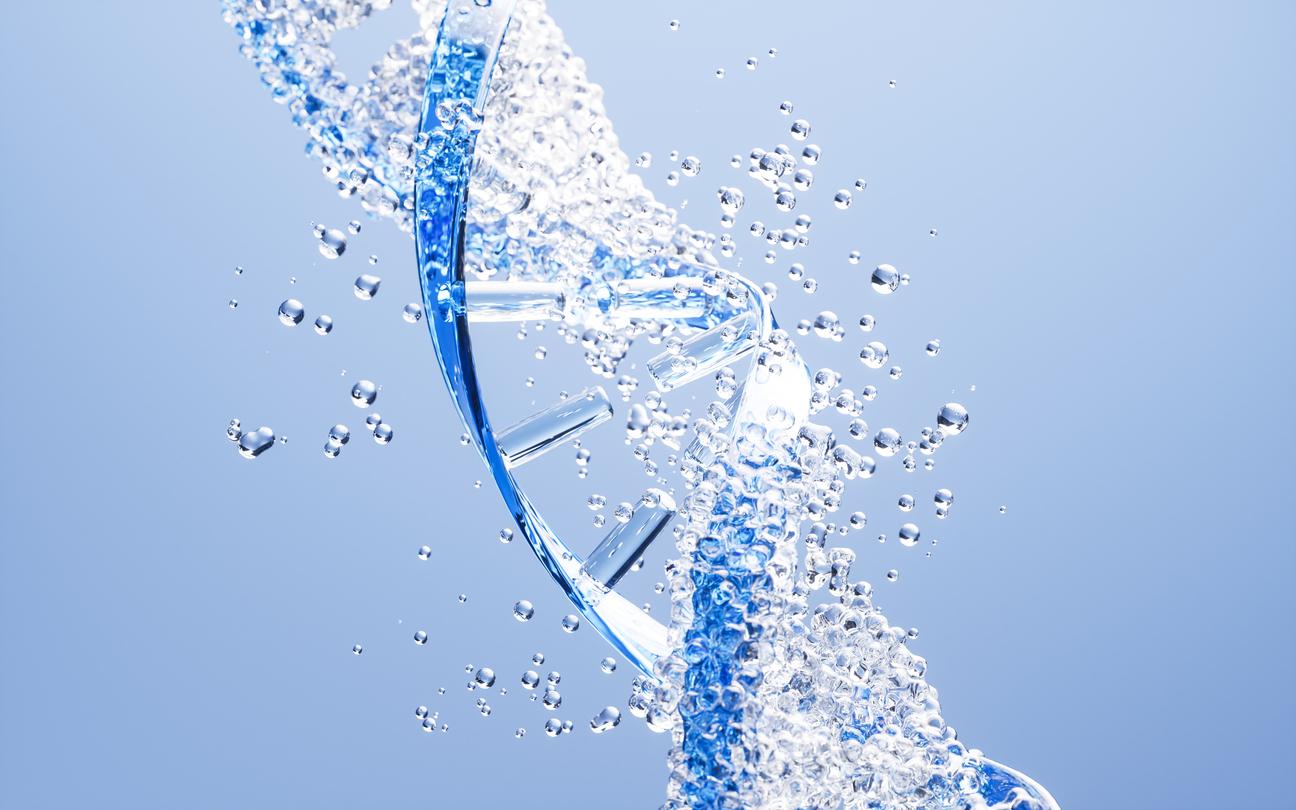A new study sheds light on the role of genetic heritage in the age at which menopause occurs. The later it is, the longer the life expectancy.

Occurring on average around the age of 52, about a year after the end of menstruation, menopause is an important stage in the life of women since it marks the end of the period when they can have children: their ovaries stop functioning following the normal depletion of the stock of female reproductive cells.
It happens, however, that some women see their menopause arrive later, while others experience it early. According to a new study published in the journal Menopausethe age at which menopause occurs is strongly influenced by genetics: a girl can thus know the age at which she will not be able to have any more children based on the age her mother was when she had her menopause .
Of course, non-genetic factors such as smoking, chemotherapy and a high body mass index (BMI) can influence the age at which early menopause occurs. However, if mothers go through menopause early, their daughters are likely to too, say the researchers.
Late menopause to live longer
Previous work had already demonstrated the weight of the hereditary factor in the onset of menopause. But this new study goes further by associating age of menopause and life expectancy. According to the researchers, a late menopause is thus associated with a longer life expectancy.
To reach this conclusion, the researchers identified the genetic variants associated with a later age of menopause based on family longevity. They conducted a meta-analysis of several studies on the genetic variants associated with age at menopause in women who eventually lived to a very old age.
They were then able to observe that women who were able to have children after the age of 40 were 4 times more likely than the average woman to live beyond 100 years. Women who have children at age 35 or older are 1.5 times more likely to live beyond 100.
“Genetic variants associated with later menopause are associated with longer life. Although first menstruation and total number of reproductive years were not associated with slower aging, later menopause (meaning therefore longer reproductive potential) appears to be associated with slower aging,” says JoAnn Pinkerton, executive director of the North American Menopause Society (NAMS).

.

















